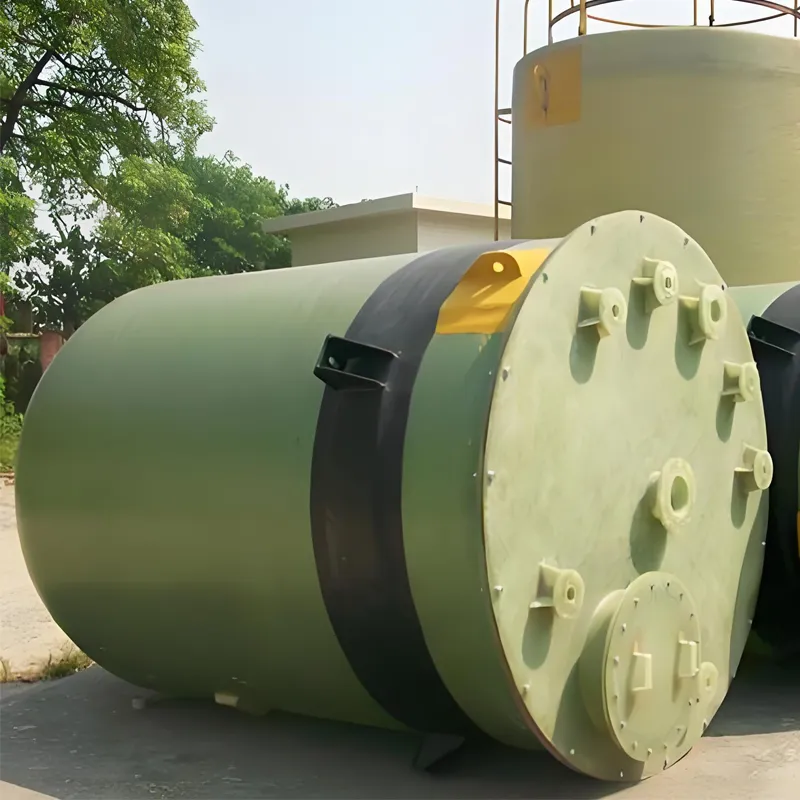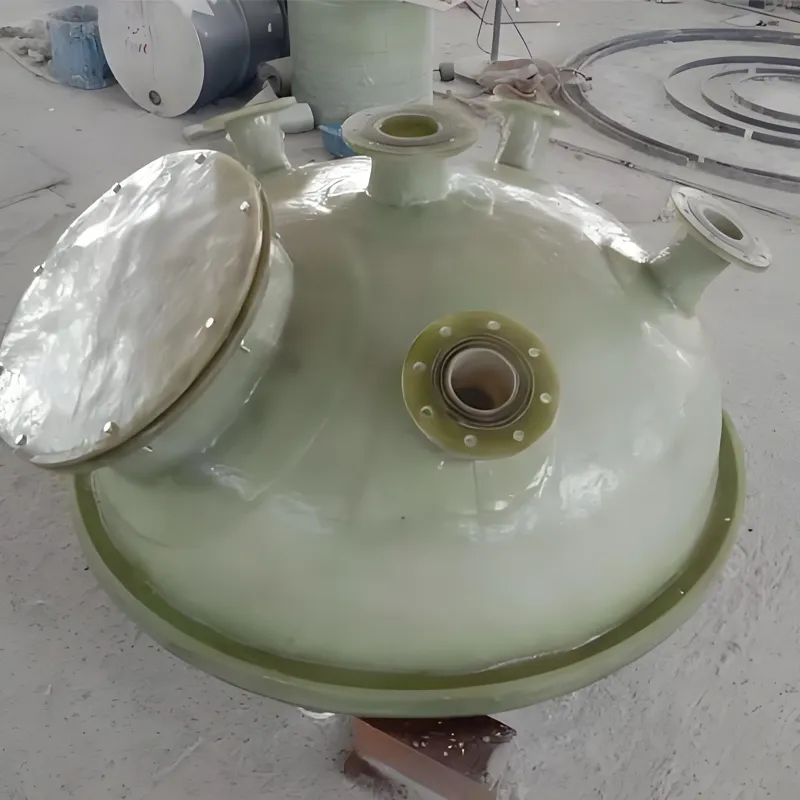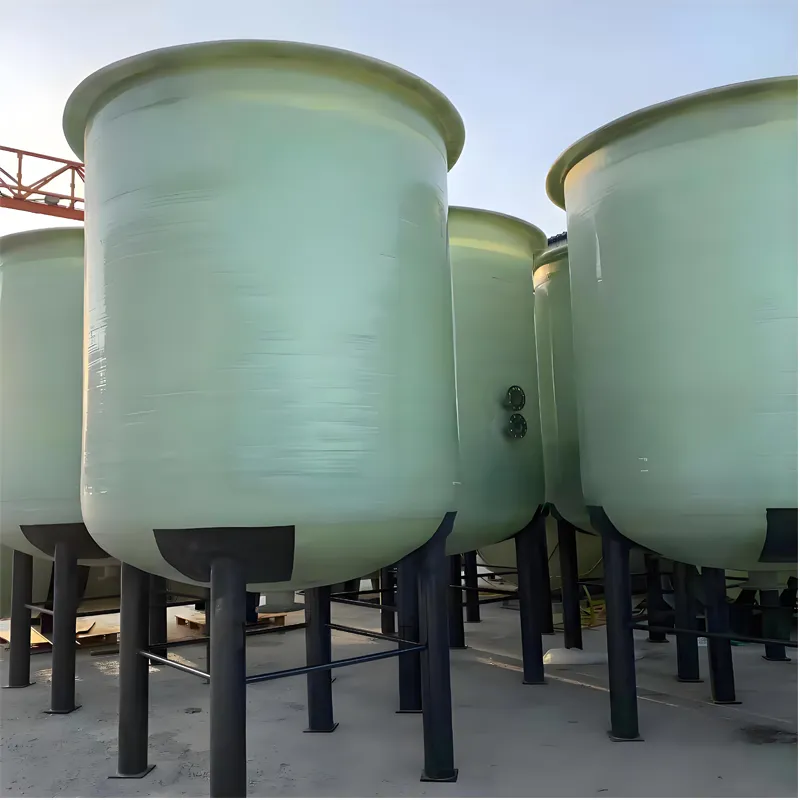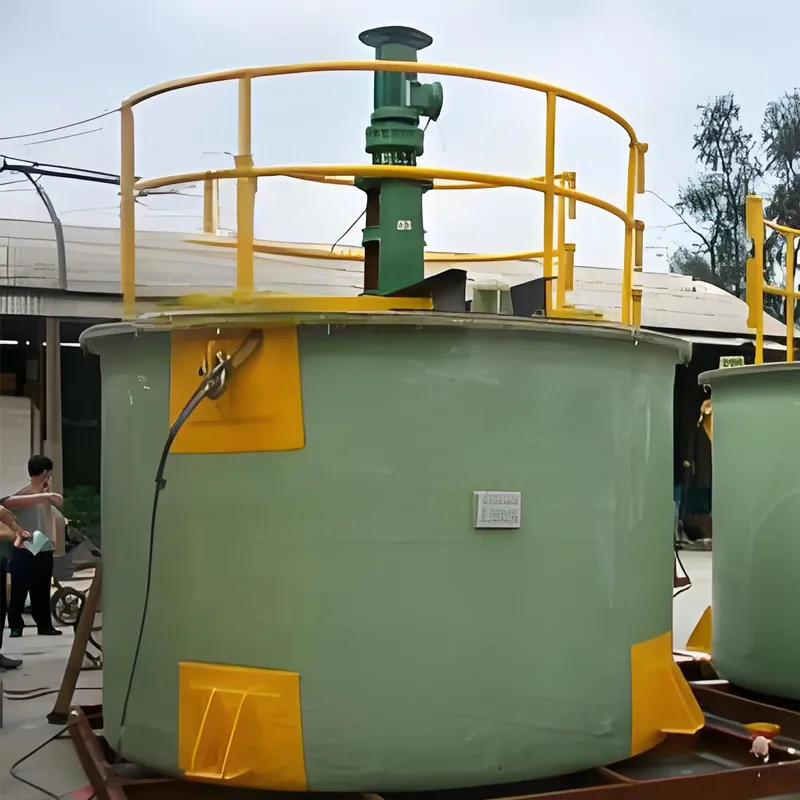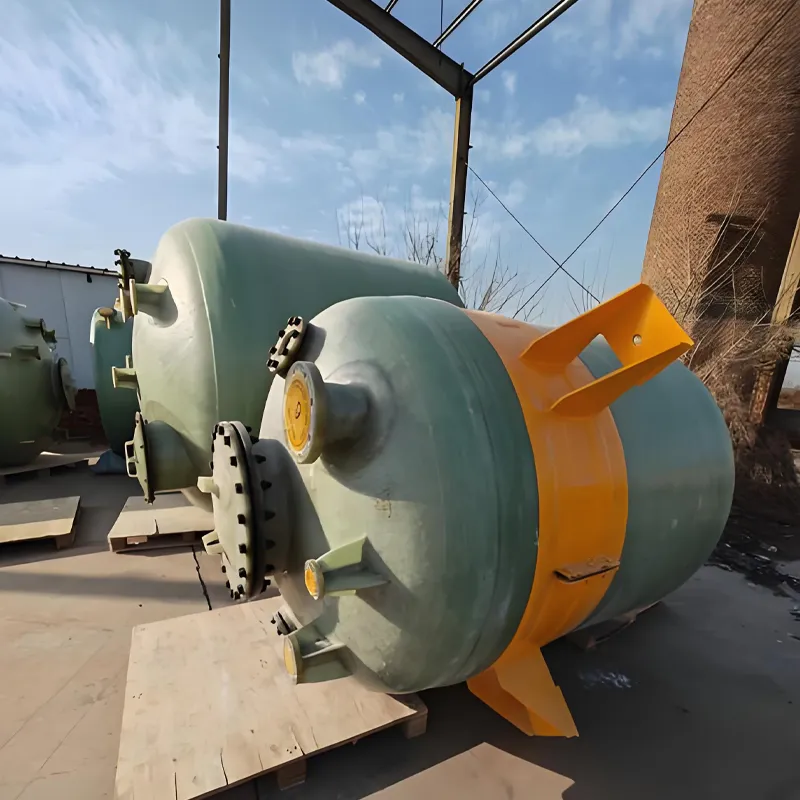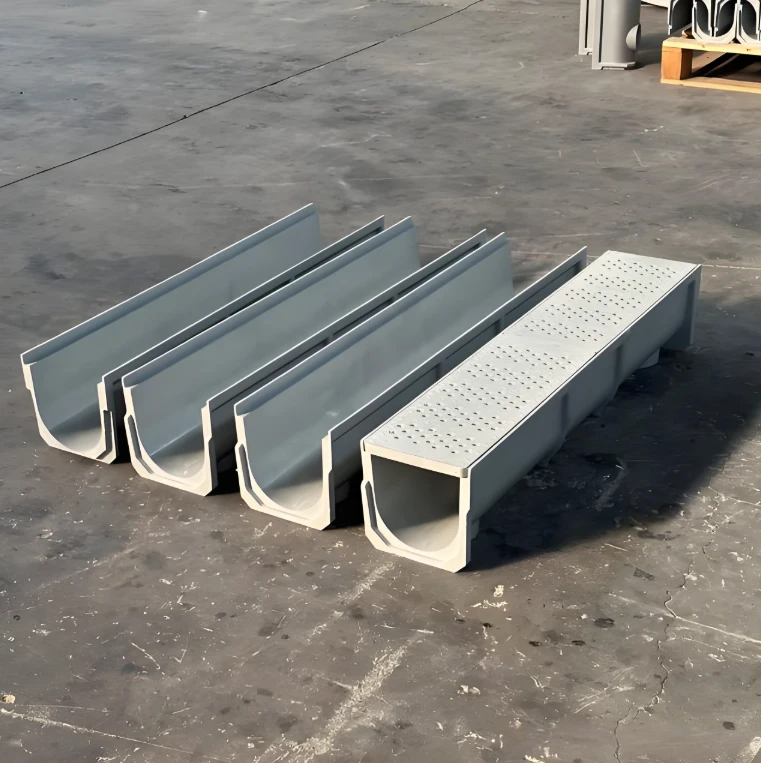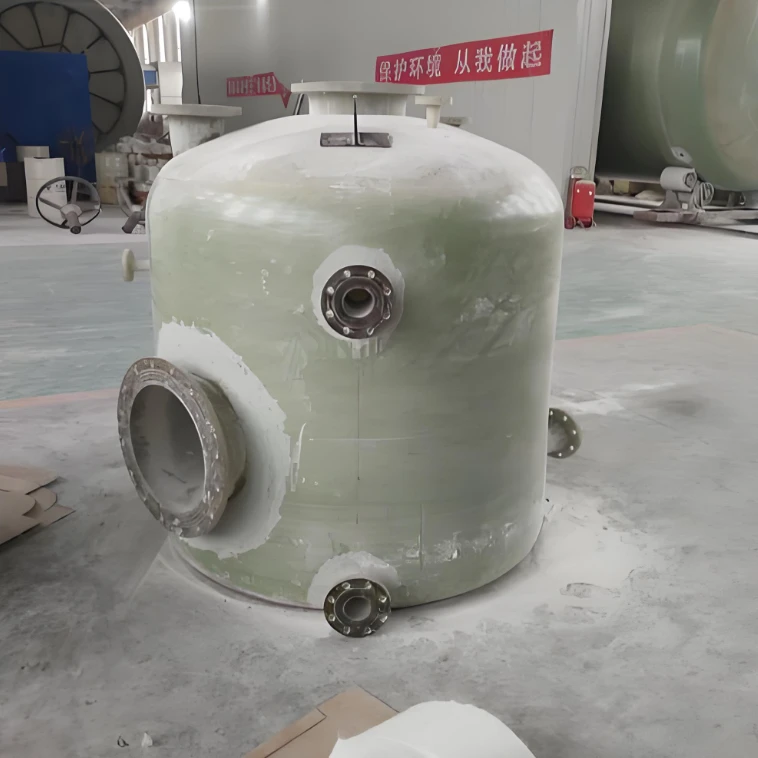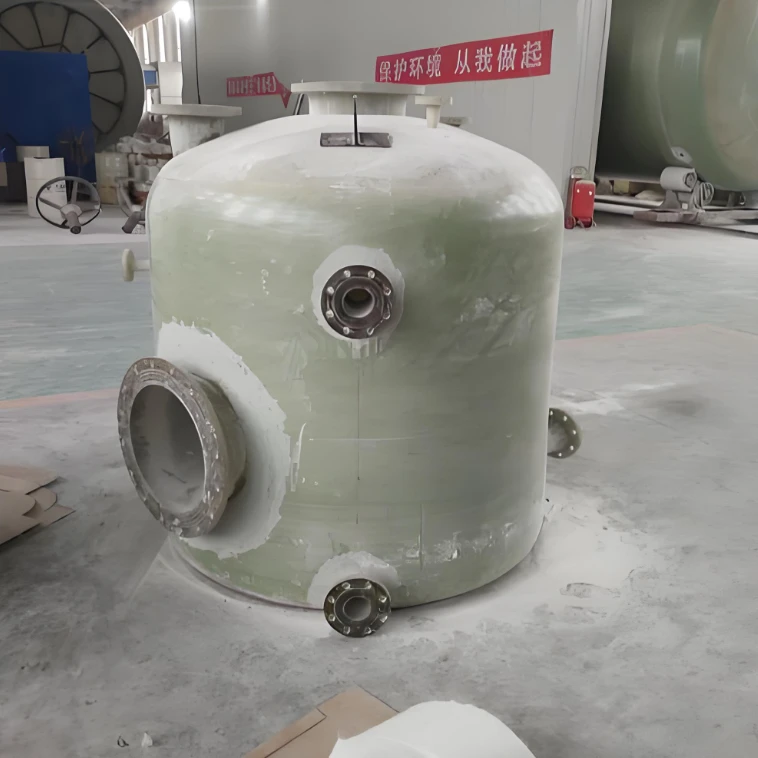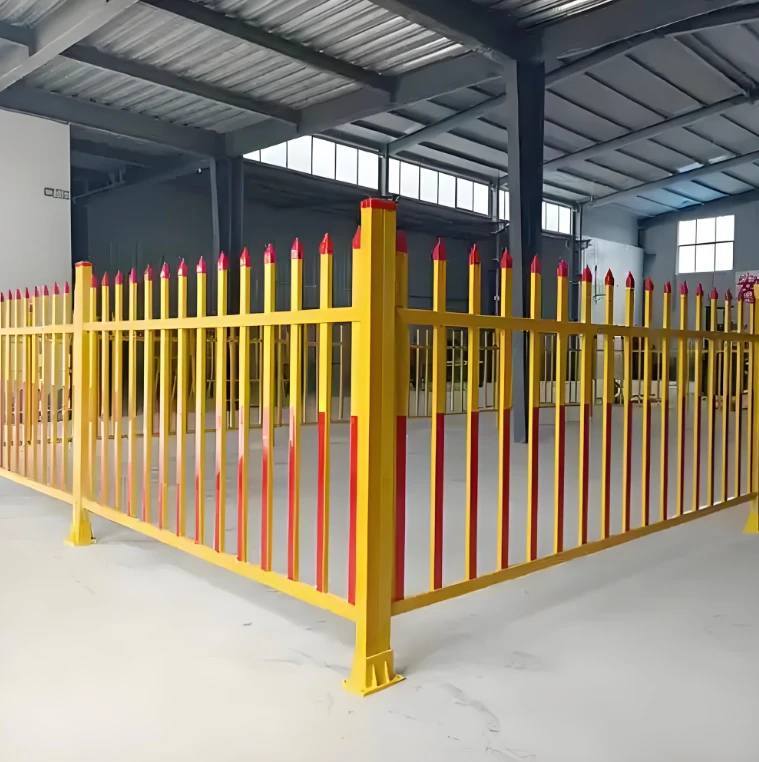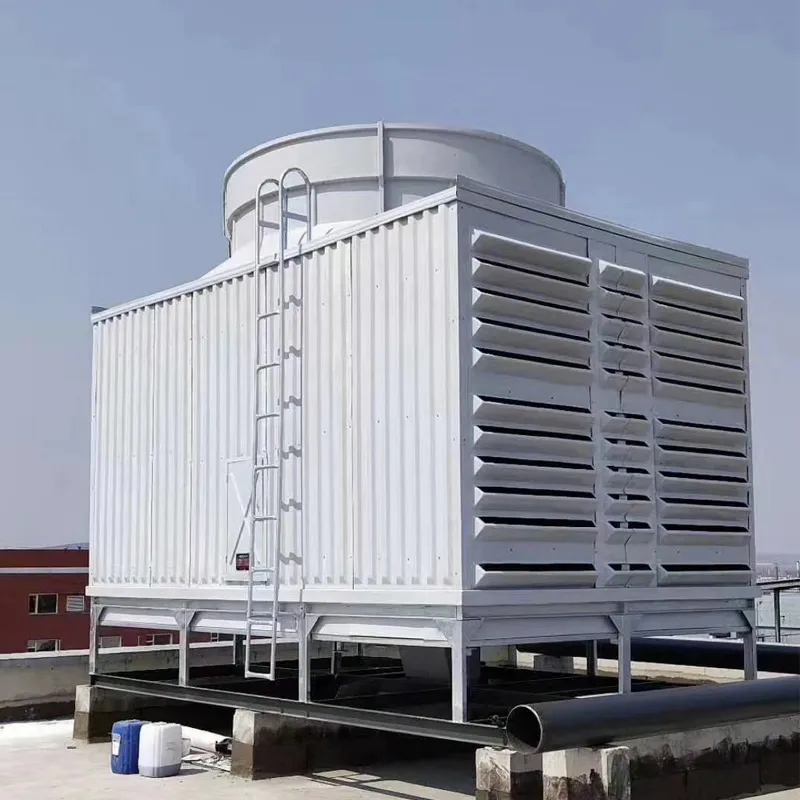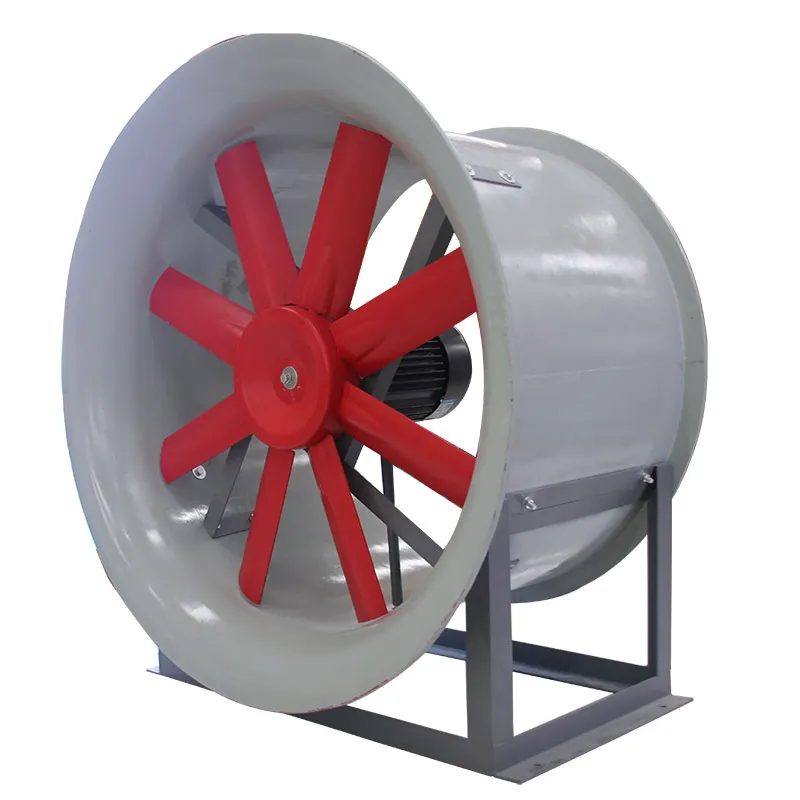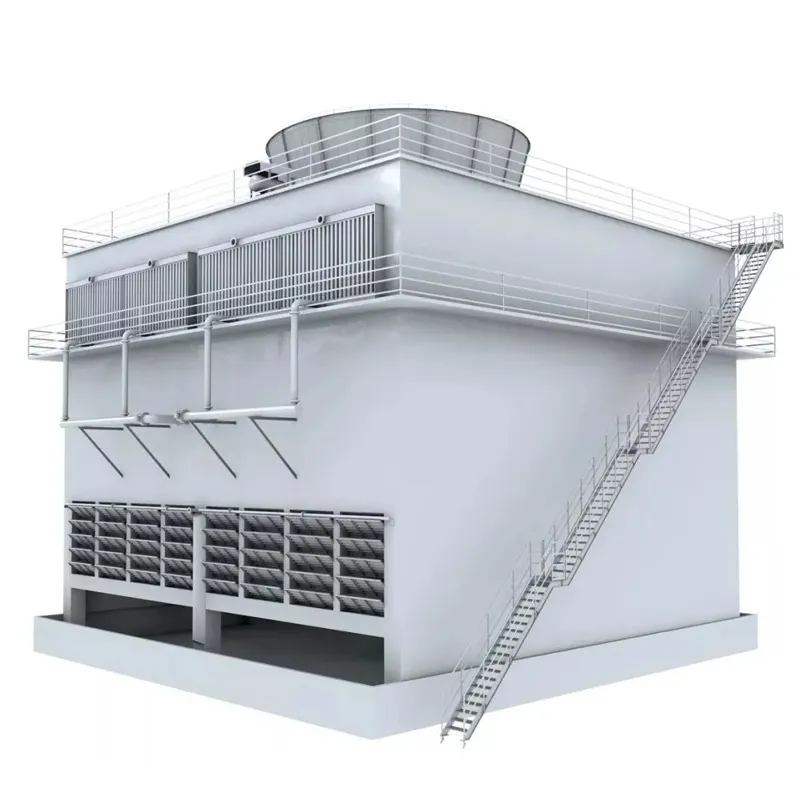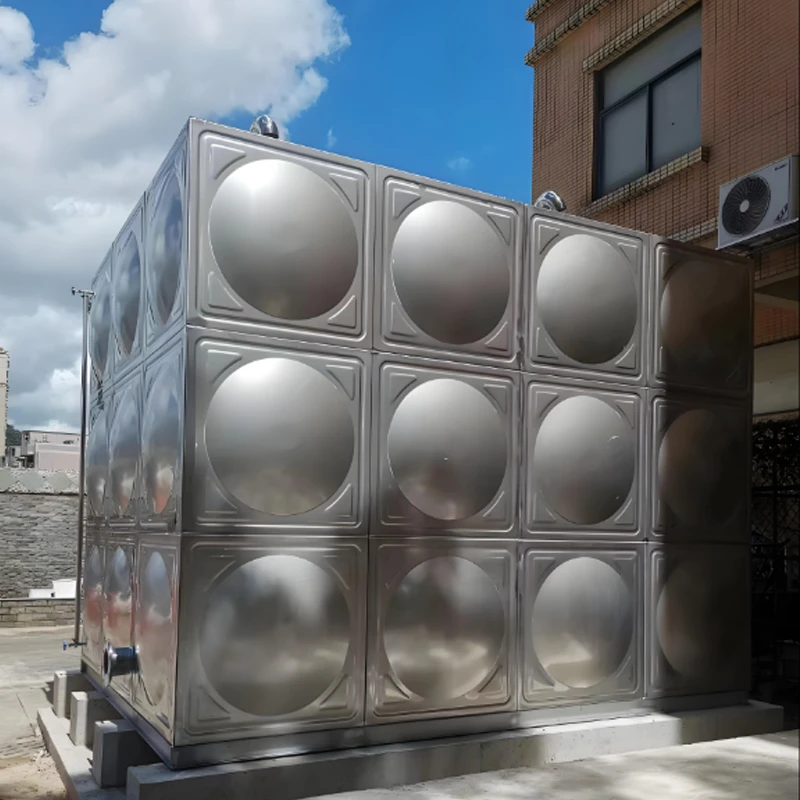

We Are Open 24 Hours a Day, 7 Days a Week, Including Weekends and Public Holidays.
Advantages of Fiberglass (FRP) Reaction Vessels
Fiberglass Reinforced Plastic (FRP) reaction vessels are widely recognized as a superior solution for chemical processing due to their unique material properties and adaptability. Below is a detailed analysis of their key advantages, supported by technical insights and industry applications:
1.Exceptional Corrosion Resistance
FRP reaction vessels excel in resisting aggressive chemicals, including acids, alkalis, and solvents. The composite structure—glass fibers embedded in a corrosion-resistant resin matrix (e.g., epoxy or vinyl ester)—creates an impermeable barrier, preventing chemical penetration. For example, C-Glass fiber-reinforced tanks are specifically designed for high-corrosion environments, such as sulfuric acid or sodium hydroxide processing, ensuring long-term structural integrity. This makes FRP ideal for industries like pharmaceuticals, petrochemicals, and specialty chemicals.
2. High Strength and Durability
FRP vessels exhibit a strength-to-weight ratio 50–70% higher than steel or concrete, enabling them to withstand high internal pressures and mechanical stresses. The seamless construction eliminates weld joints, reducing risks of leaks or failures. For instance, pultruded FRP components (e.g., structural supports) enhance stability in high-load applications, such as polymerization reactions.
3. Thermal Stability and Temperature Resistance
FRP materials maintain performance across a wide temperature range (-50°C to 120°C), making them suitable for exothermic or endothermic reactions. Their low thermal conductivity minimizes heat transfer losses, improving energy efficiency in temperature-sensitive processes like esterification or distillation.
4. Lightweight and Easy Installation
FRP reaction vessels are 50–70% lighter than metal alternatives, reducing transportation costs and simplifying installation. Modular designs allow on-site assembly, even in space-constrained facilities. This feature is critical for retrofitting existing plants or deploying vessels in remote locations.
5. Customizable Design
FRP vessels can be tailored to meet specific requirements:
Shape and Size: Cylindrical, spherical, or rectangular configurations for optimized mixing and heat distribution.
Integrated Features: Agitators, heating/cooling jackets, and pressure relief systems enhance functionality.
Surface Finishes: Smooth interiors reduce fouling and simplify cleaning, essential for pharmaceutical-grade processes.
6. Long Service Life and Low Maintenance
With a lifespan exceeding 30 years, FRP vessels require minimal upkeep compared to corroded metal tanks. The non-porous surface inhibits scale buildup and microbial growth, reducing downtime for maintenance. For example, fluorocarbon-coated FRP tanks retain over 90% of their tensile strength after prolonged exposure to UV and corrosive media.
7. Environmental and Safety Compliance
FRP is recyclable and generates fewer carbon emissions during production than metals. Their leak-proof design prevents hazardous chemical spills, aligning with regulations like EPA and OSHA standards. Additionally, FRP’s non-conductive properties enhance safety in electrically sensitive environments.
8. Cost-Effectiveness
While initial costs may exceed steel, FRP offers long-term savings through reduced maintenance, corrosion repairs, and downtime. Industries avoid expenses related to frequent replacements or chemical spill containment.
Applications of FRP Reaction Vessels
Chemical Synthesis: Safe handling of corrosive reactants in polymerization or sulfonation processes.
Pharmaceuticals: Sterile production of APIs (Active Pharmaceutical Ingredients) with FDA-compliant materials.
Waste Treatment: Neutralization of acidic/alkaline effluents in environmental remediation.
Conclusione
Fiberglass reaction vessels combine corrosion resistance, thermal stability, and customization, making them indispensable for modern chemical processing. Their lightweight design, compliance with safety standards, and lifecycle cost efficiency ensure reliable performance in demanding industrial environments. For technical specifications, consult manufacturers like *Shunmei Composites* or refer to standards such as ASTM D4097.
Cosa dicono di noi i nostri clienti
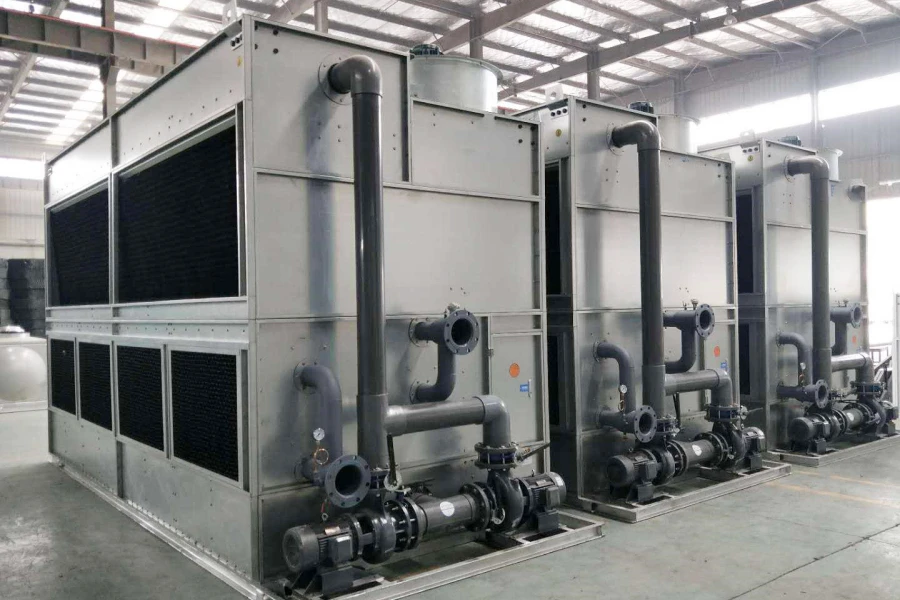






Indirizzo
20 Xingyuan South Street, contea di Zaoqiang, città di Hengshui, provincia di Hebei, Cina








